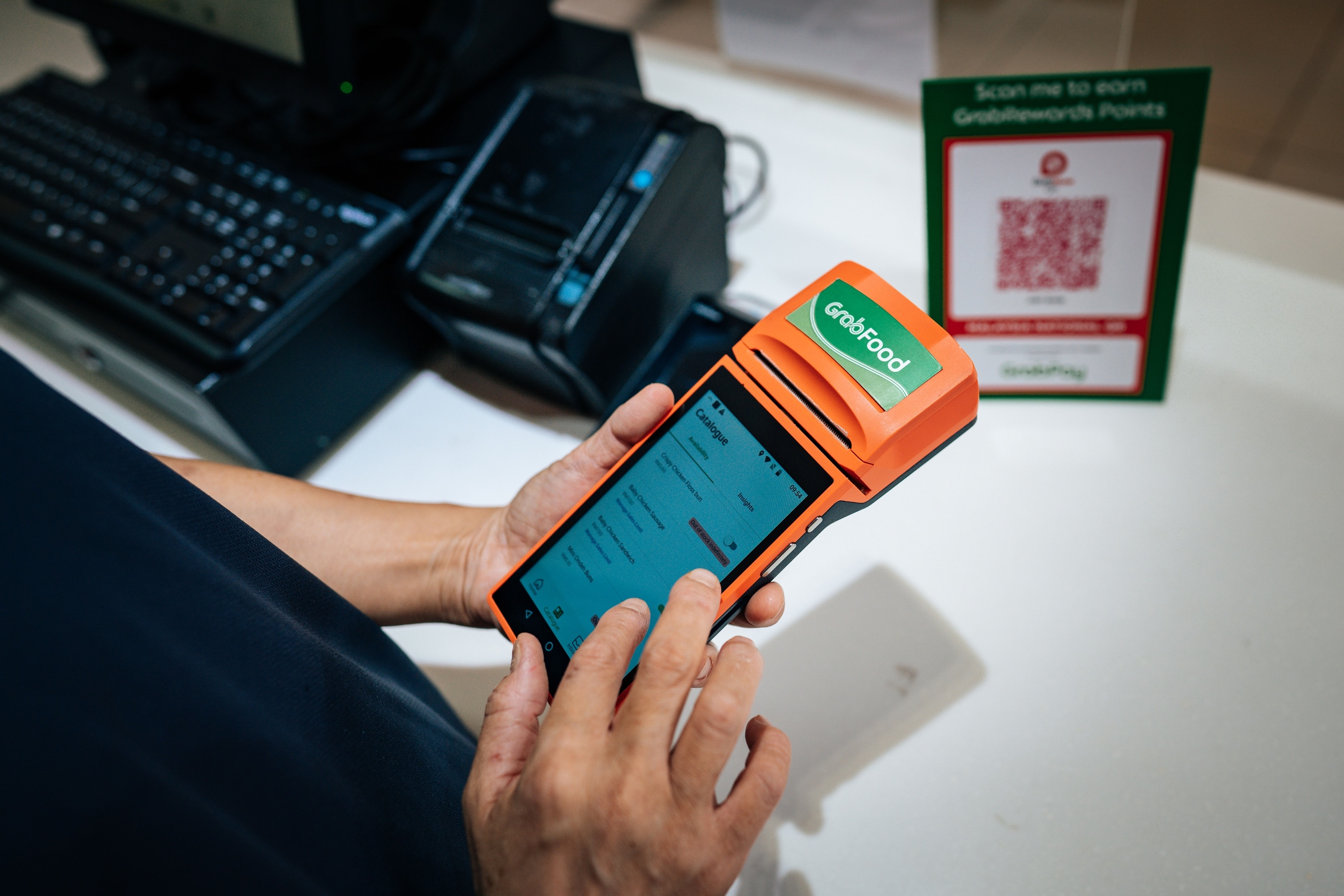
Technology is opening doors for Southeast Asia's disabled
Persons with disabilities in Southeast Asia are finding more earning opportunities thanks to tech companies making apps that let them showcase their skills.
Roszana Ali is doing all right by most accounts. She supplements her family’s income by working in the food delivery industry, and she works on her own time, within her own schedule. Until you meet her, what you wouldn’t know is that she has cerebral palsy and uses a wheelchair to get around.
For Roszana and many persons with disabilities (PWDs), earning opportunities can be difficult to come by. Carving out a livelihood is challenging when you must also deal with discrimination and accessibility limitations of the physical environment, just to find work or conduct a business.
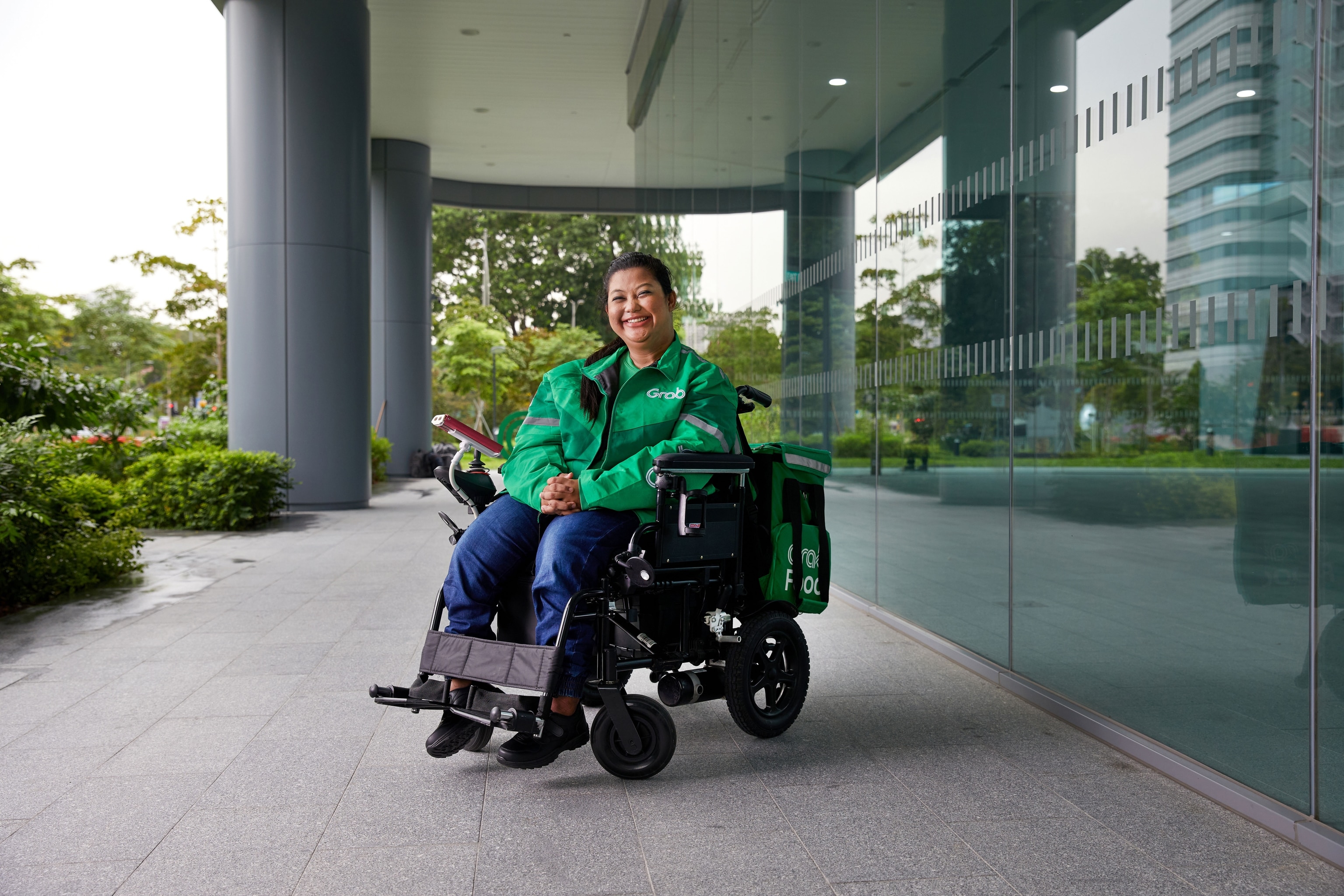
Globally, almost two-thirds of PWDs of working age are not a part of the workforce. In Asia-Pacific, PWDs are two to six times less likely to be employed as compared to persons without disabilities. However, the situation is changing. Superapps in the region are creating an environment through which more people can find earning opportunities. Since these apps are designed to be accessible and easy to use, they foster more inclusion. PWDs can be assigned gig work as long as they have the relevant ability to deliver on the required task.
Such apps see Roszana as someone who can work as a delivery partner because cerebral palsy and being a wheelchair user doesn’t impact her capability in providing delivery services. It’s the value she brings as someone who’s able to deliver food services, that allows her to generate additional earnings for herself.
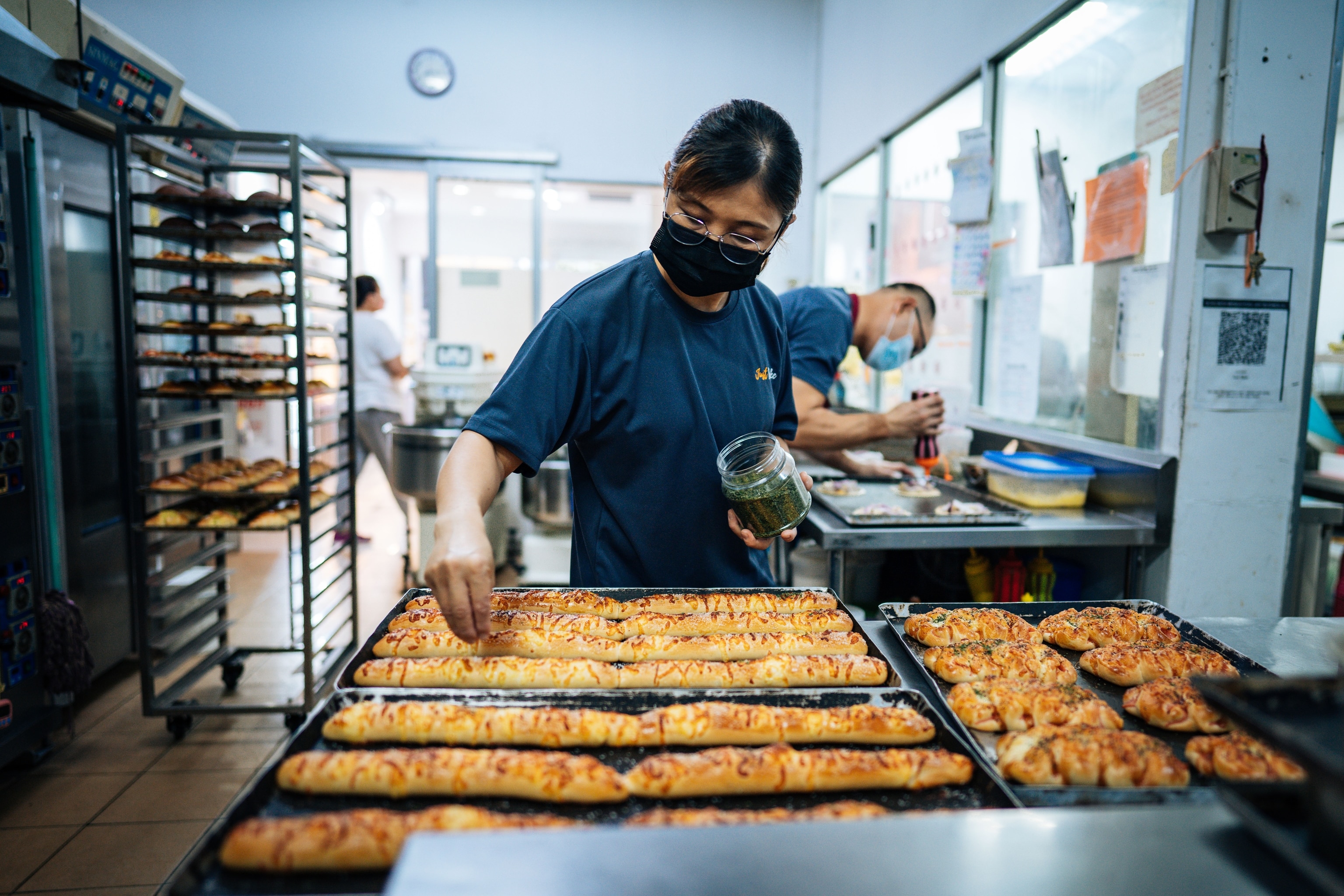
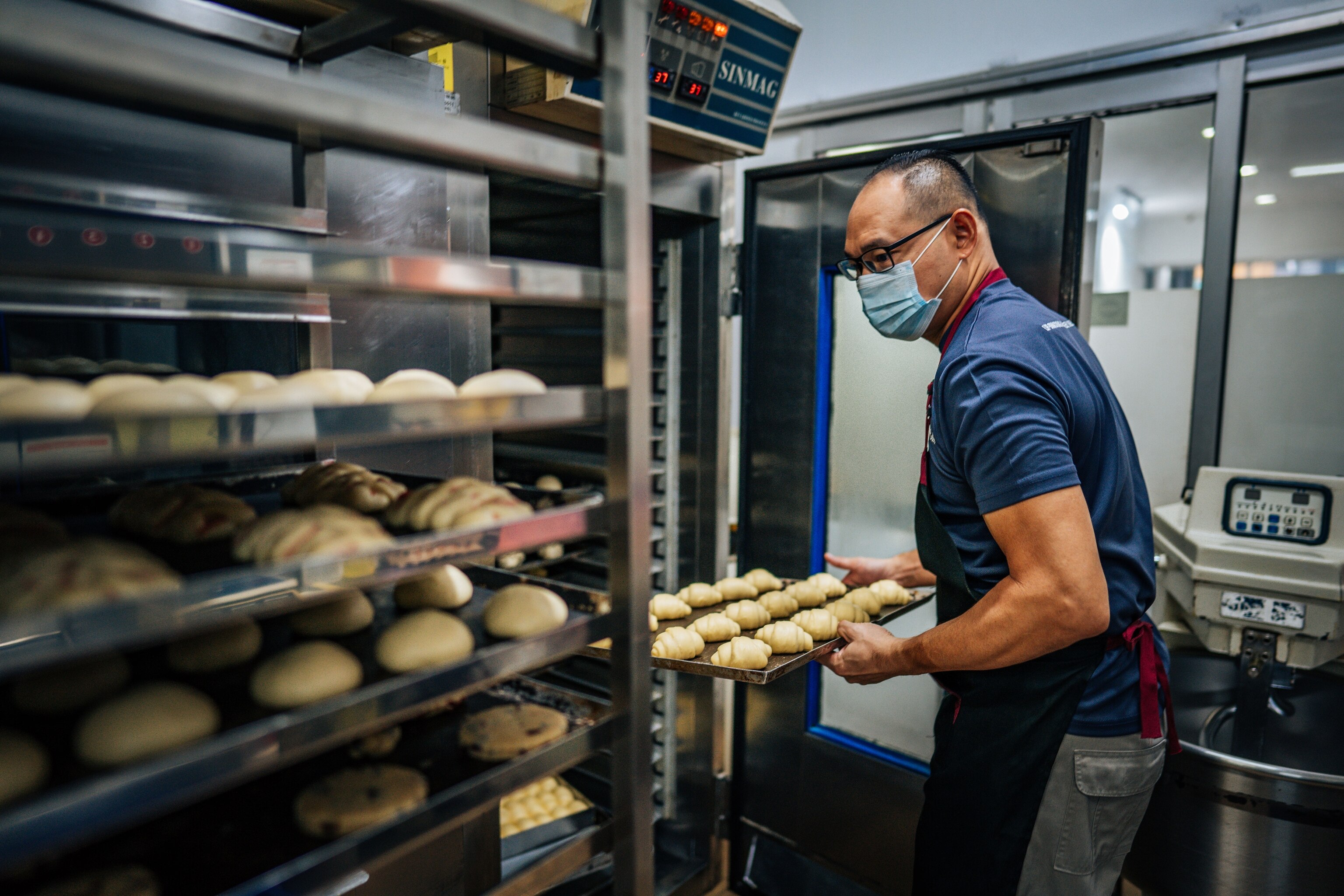
Apart from gig workers, the technology also helps merchants like Jasmine and Edward, a Deaf couple who owns and operates a bakery in Malaysia. Since listing their business on a superapp, they have increased their ability to reach new patrons by tapping on the app’s customer base. The effort needed to coordinate deliveries is also managed through the app. By leveraging its network of delivery riders, Jasmine and Edward do not have to invest in their own delivery fleet, which allows them to concentrate on what they do best: create delicious baked goods.
The accessibility that comes with superapps provides everyone with a fair and equal opportunity to earn an income and provide for their loved ones in a fast-changing world. Tech companies like Grab, are leading the way in this regard, as they evolve the services they provide such as food delivery, ride-hailing and digital payments, to be more inclusive for both partners and consumers.
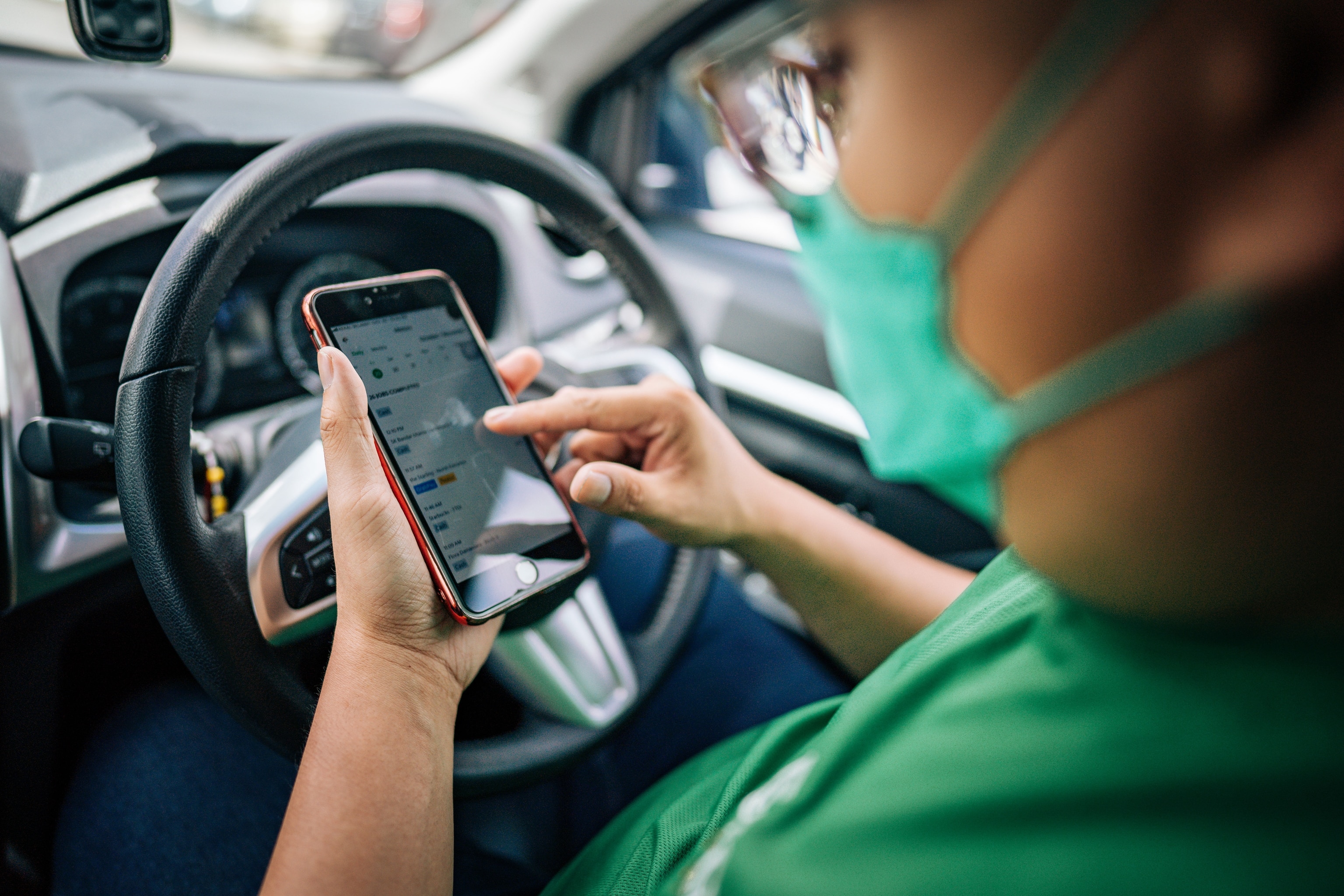
For example, Grab ensures representation for its PWD partners through its Driver Representative Committee in Malaysia. This committee, which is attended by PWD drivers and delivery partners alike, builds engagement between Grab and its partners, and offers a direct line to Grab so that Grab can offer assistance should the need arise.
On the other end of the spectrum, to make sure that passengers with disabilities are comfortably ferried from one destination to another, the company’s Grab Assist service features vehicles that can accommodate folding wheelchairs, walkers, and collapsible scooters. Available in Singapore, Thailand, and Indonesia, drivers that are part of the programme are also trained to assist passengers with disability and mobility challenges.
“At Grab, we’re committed to leaving no one behind in the digital economy and doing our part to increase inclusivity for Persons with Disabilities on the platform. This ranges from providing earning opportunities for our driver, delivery and merchant-partners, to offering inclusive assisted mobility services for our consumers, and continuously advocating for greater inclusion in Southeast Asia by working alongside like-minded partners and disability advocacy groups.” Cheryl Goh, Group Head of Marketing and Sustainability, Grab.
This is just the beginning. With tech companies leading the way, the doors will only continue opening further.
